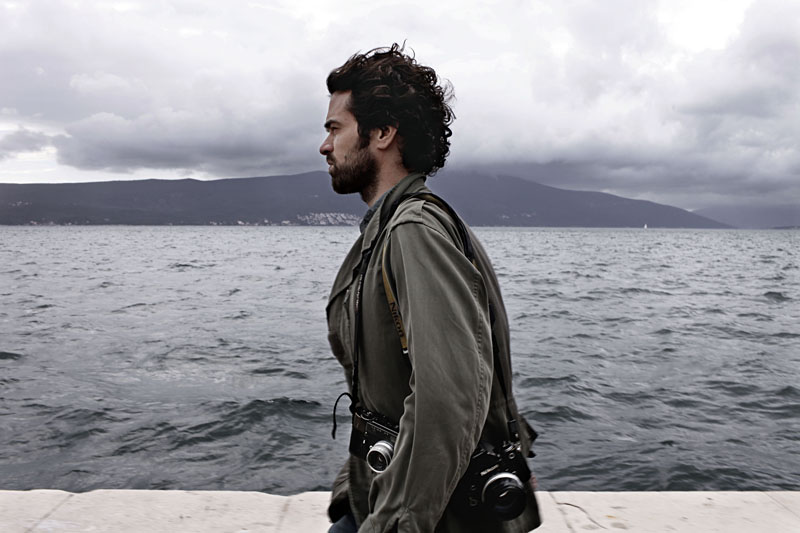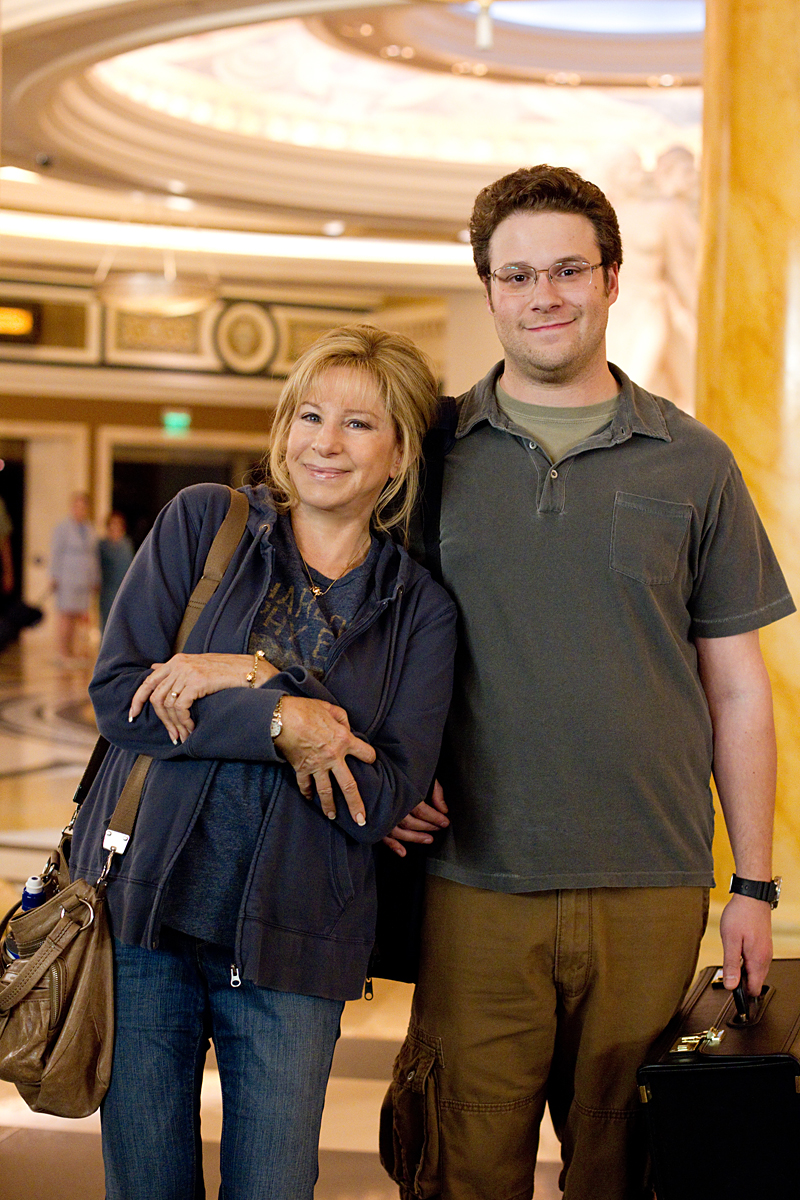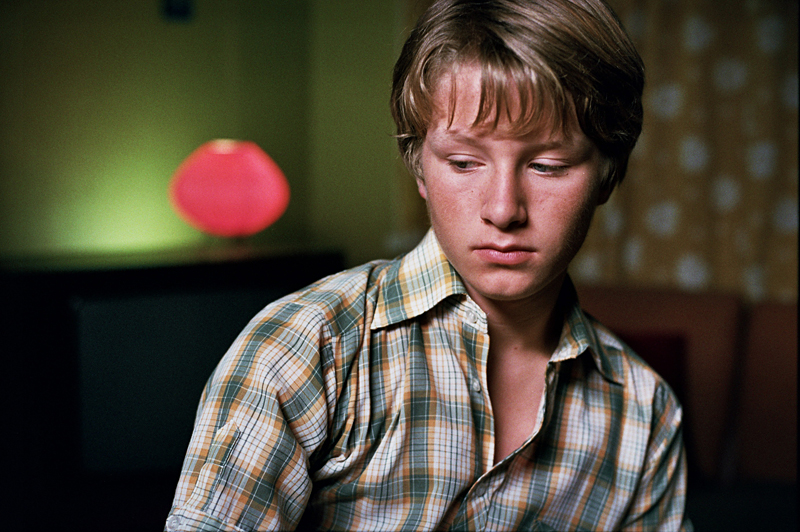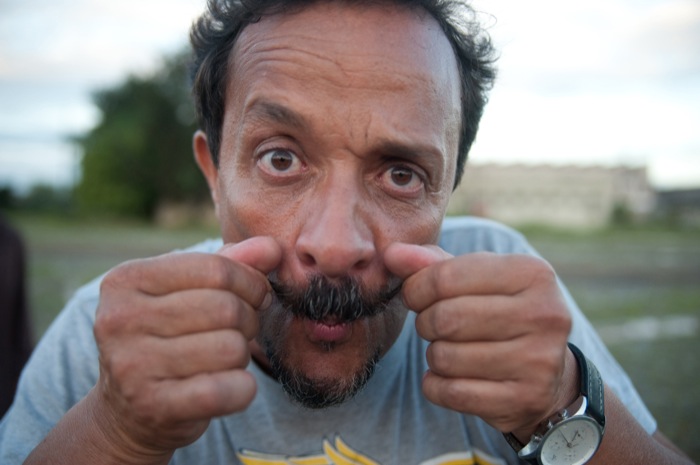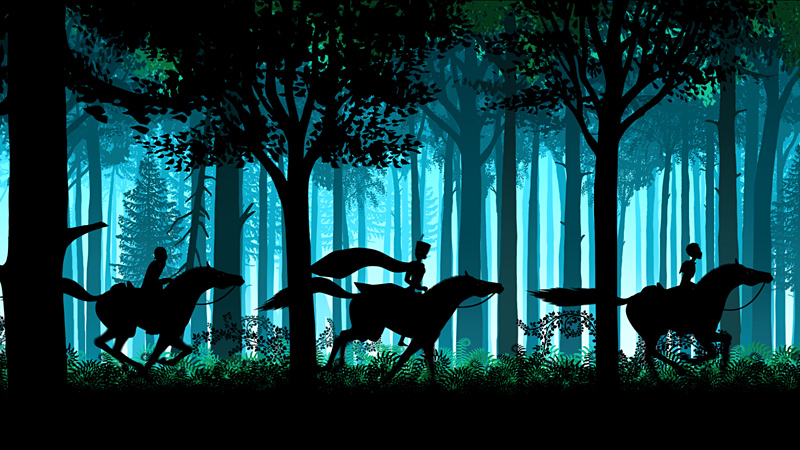“You’re as free as the wind,” says Paul Exben (Romain Duris) to the son of a legal client to whom he has offered the choice of drug rehab or disinheritance from the family fortune. Oh, irony. Paul is himself encumbered with a career he hates and a family he suspects he’s beginning to lose. Based on Douglas Kennedy’s novel and adapted for French audiences with the addition of Western European ennui and tiny cars, director Eric Lartigau’s The Big Picture examines a pretty common fantasy of unhappy people—pulling a Dick Whitman/Don Draper switcheroo and fleeing to a new life—and creates a harrowing scenario that drives Paul to attempt it. After accidentally killing his wife’s lover and hoping to protect the children he loves from having a murderer for a father, Paul fakes his own death and steals the dead man’s identity. Escaping to Montenegro, he rekindles his passion for photography, a talent suspended in favor of career and family, and earns unexpectedly fast recognition for his outsized artistic talent. His depression, anxiety, and self-loathing compound the stress of pretending to be another person, but the surprising artistic acclaim and accompanying publicity present a terrifying threat of exposure. For most of the film, Lartigau creates the tension of a Hitchcock thriller solely through Paul’s interior struggle; late in the film, outside forces validate Paul’s anxieties during a scary misadventure at sea. It all invites comparison to The Talented Mr. Ripley, but where that film’s sociopathic protagonist generates nausea, The Big Picture invites identification.
The Big Picture: A Lawyer’s Unlawful Identity Theft
